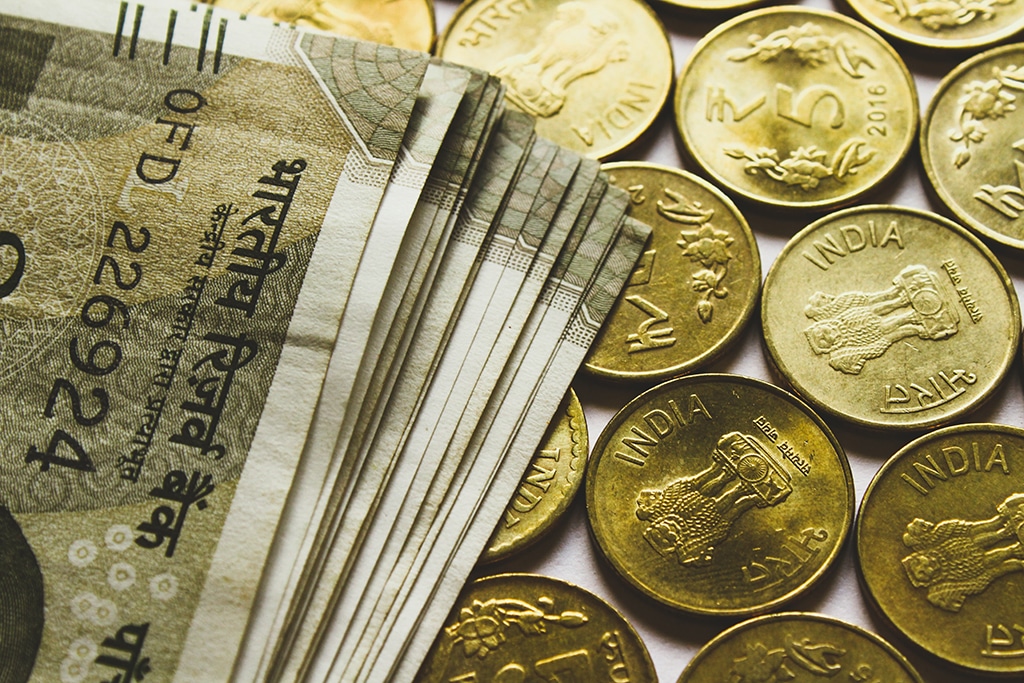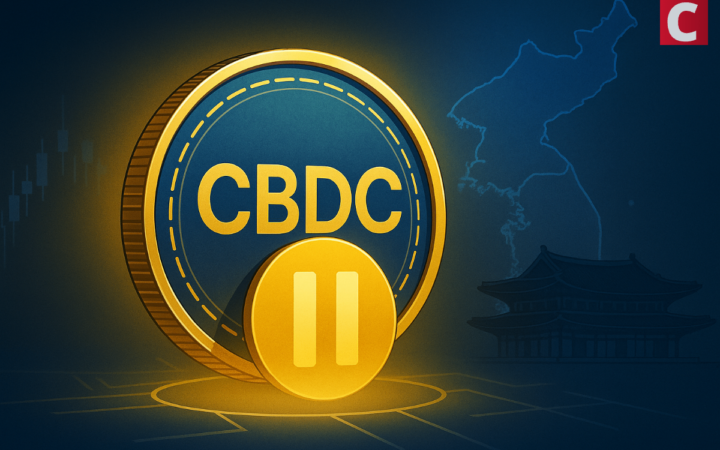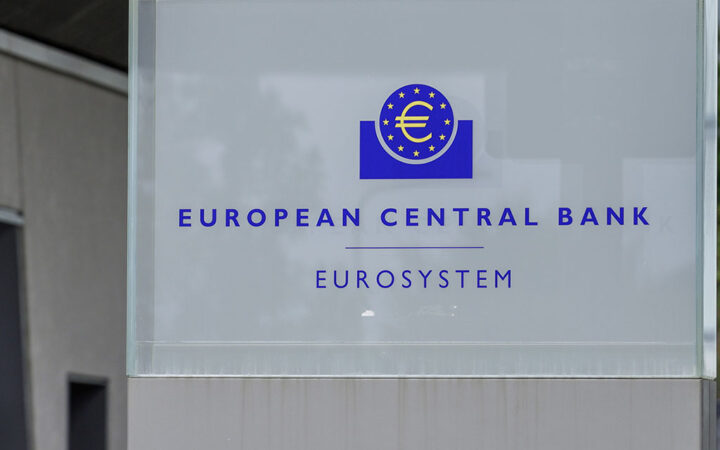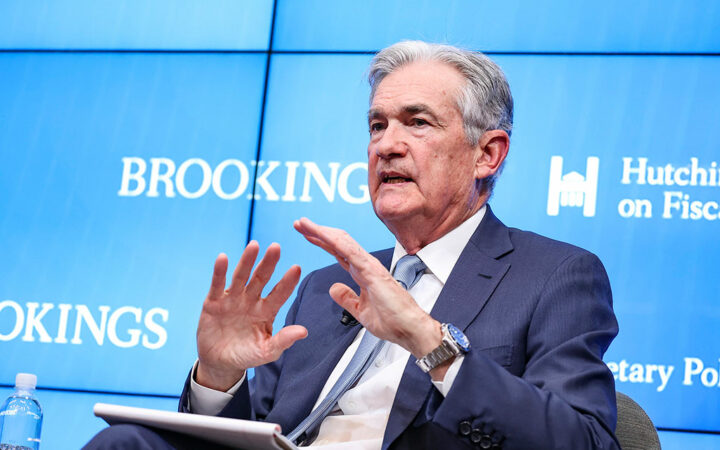
Ibukun is a crypto/finance writer interested in passing relevant information, using non-complex words to reach all kinds of audience. Apart from writing, she likes to see movies, cook, and explore restaurants in the city of Lagos, where she resides.
The CBDC program will help RBI to experiment with more features and applications of the digital rupee in future pilot programs.

The Reserve Bank of India (RBI) has announced its plan to launch the first pilot program for retail digital rupee on December 1st. The central bank’s program will evaluate the creation and distribution of the digital rupee in the South Asian Market. Before expanding to the wholesale segment, it will feature a closed group of customers and merchants. The retail version of the Central Bank Digital Currency (CBDC) will last for a month before full operations commence in 2023.
The initial phase of the program will include four different banks in four major cities in India. These banks include the State Bank of India, ICICI Bank, Yes Bank, and IDFC First Bank. They will begin operations in Mumbai, New Delhi, Bengaluru, and Bhubaneswar. Four more banks will join these banks in the second phase. The second group of banks comprises the Bank of Baroda, Union Bank of India, HDFC Bank, and Kotak Mahindra Bank. The implementation of Digital Rupee will extend to cities like Ahmedabad, Gangtok, Guwahati, Hyderabad, Indore, Kochi, Lucknow, Patna, and Shimla.
According to a press release about the implementation of the Digital Rupee, RBI stated:
“The e₹-R would be in the form of a digital token that represents legal tender. It would be issued in the same denominations that paper currency and coins are currently issued. It would be distributed through intermediaries like banks. Users will be able to transact with e₹-R through a digital wallet offered by the participating banks and stored on mobile devices.”
The apex bank also discussed the mode of operation of the CBDC program. RBI said:
“Users will be able to transact with e₹-R through a digital wallet offered by the participating banks and stored on mobile phones/devices. Transactions can be both Person to Person (P2P) and Person to Merchant (P2M)… As in the case of cash, it will not earn any interest and can be converted to other forms of money, like deposits with banks,”
RBI hopes to reduce the risk associated with cryptocurrency with the introduction of the Digital Rupee. The apex body plans to minimize the use of cash and facilitate cheaper and smoother international transactions. The CBDC program will help RBI to experiment with more features and applications of the digital rupee in future pilot programs. Despite court rulings, RBI has remained adamant about using cryptocurrency in financial institutions.
India’s minister of state for electronics and information technology, Rajeev Chandrasekhar, tweeted that Indian investors who resigned from the crypto sectors due to the government’s prudent guardrails of taxation and exchange control should be grateful to the PM Narendra Modi for his foresight on the ongoing crypto meltdown.
RBI has become one of the first major central banks in the world to kickstart a pilot project with its virtual currency. The central banks of top countries like Singapore, China, the Bahamas, and Kazakhstan have experimented with the use of digital currency.
Disclaimer: Coinspeaker is committed to providing unbiased and transparent reporting. This article aims to deliver accurate and timely information but should not be taken as financial or investment advice. Since market conditions can change rapidly, we encourage you to verify information on your own and consult with a professional before making any decisions based on this content.

Ibukun is a crypto/finance writer interested in passing relevant information, using non-complex words to reach all kinds of audience. Apart from writing, she likes to see movies, cook, and explore restaurants in the city of Lagos, where she resides.




